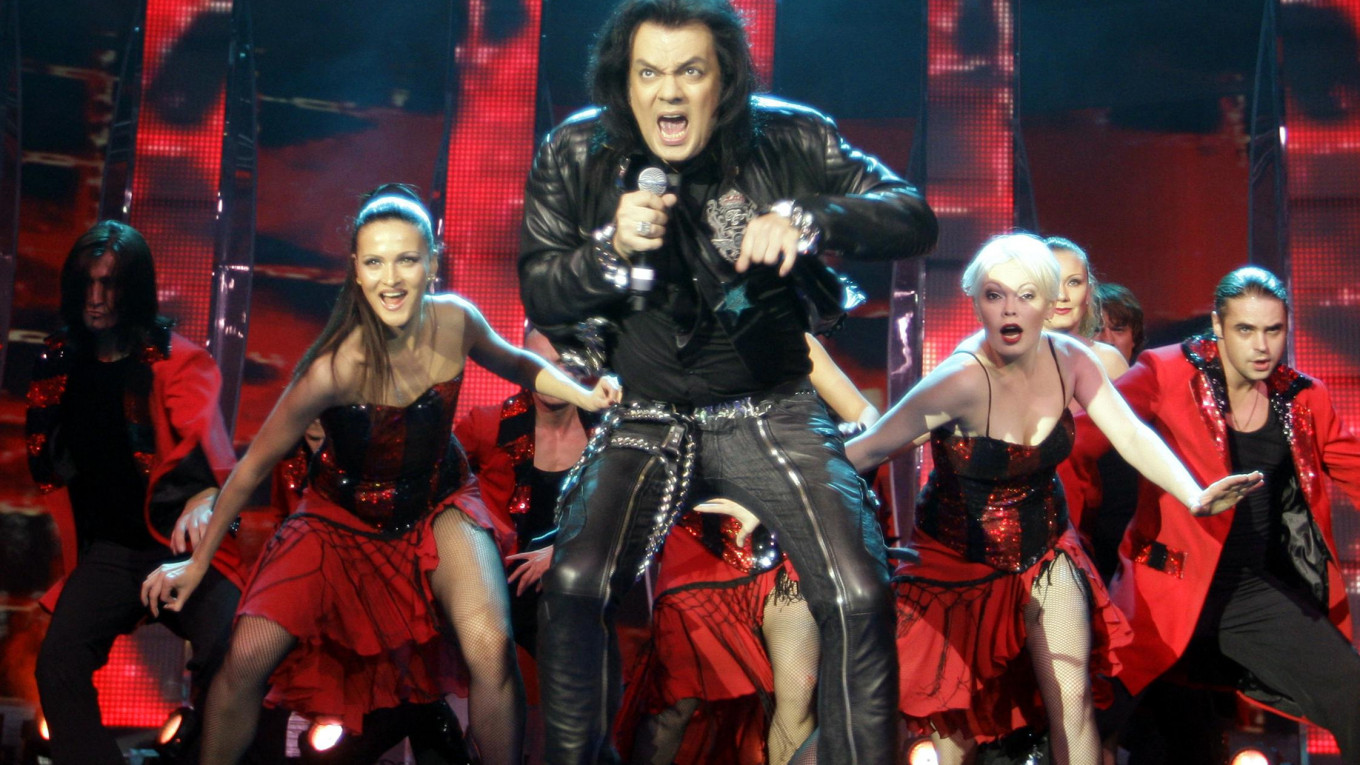Born out of post-war efforts to reconcile the continent, Eurovision has traditionally showcased Europe at its most flamboyant. Since their entry to the competition after the fall of the USSR, former Eastern Bloc and Soviet Union countries have shone, cornering a niche for extravagant, synth-laden pop.
But beyond the sequins and glamour, Eurovision has occasionally flirted with politics.
Last year, Ukraine's Jamala won the competition in Sweden with a song about Stalin’s deportation of Crimean Tatars called “1944.” The song was especially poignant, coming at a time of ongoing fighting in Ukraine and the repression of Crimean Tatar activism by Russia authorities. Russia’s officials were furious.
Jamala’s victory heralded an unexpected development. Russia now has to send a representative to an enemy state. With state television routinely portraying Kiev as the capital of a blood-thirsty, quasi-fascist state, it is unclear how the contest will be presented to Russian audiences.
A contest is underway to determine who will represent Moscow this year. The favourite is Alexander Panayotov, who came second in the Russian version of the American show The Voice.
To make matters worse, the competition’s semi-finals will take place on May 9, the day Russia celebrates its World War Two victory.
This has annoyed some in Moscow. One Russian parliamentarian, Oleg Nilov, said the date was chosen intentionally to antagonize Russia. “European bureaucrats and the Ukrainian leadership took the decision together to allow the show to start on such a holy day,” he said.
Nilov suggested that Russia should send veteran singer Iosif Kobzon, a prominent supporter of anti-Kiev separatists, in retaliation. The 79-year-old Kobzon himself said Russia should boycott Eurovision. Speaking to pro-Kremlin channel Life News, he said it made “no sense” for Russia to send “a good person to the American puppets in Kiev.”
Meanwhile, Ukraine is having its own problems organizing the contest.
Earlier this month, a team of 21 producers resigned from the National Public Broadcasting Company of Ukraine (NPCSU) claiming they had been “completely blocked” from participating in decisions. Their work was stopped for almost two months, they said.
The European Broadcasting Union, which owns Eurovision, has asked Kiev to “stick to the timeline” to ensure the show will run.
Ukraine's Prime Minister Volodymyr Groysman assured fans the show will go on.
“Absolutely nothing threatens Eurovision,” he said.
A Message from The Moscow Times:
Dear readers,
We are facing unprecedented challenges. Russia's Prosecutor General's Office has designated The Moscow Times as an "undesirable" organization, criminalizing our work and putting our staff at risk of prosecution. This follows our earlier unjust labeling as a "foreign agent."
These actions are direct attempts to silence independent journalism in Russia. The authorities claim our work "discredits the decisions of the Russian leadership." We see things differently: we strive to provide accurate, unbiased reporting on Russia.
We, the journalists of The Moscow Times, refuse to be silenced. But to continue our work, we need your help.
Your support, no matter how small, makes a world of difference. If you can, please support us monthly starting from just $2. It's quick to set up, and every contribution makes a significant impact.
By supporting The Moscow Times, you're defending open, independent journalism in the face of repression. Thank you for standing with us.
Remind me later.






